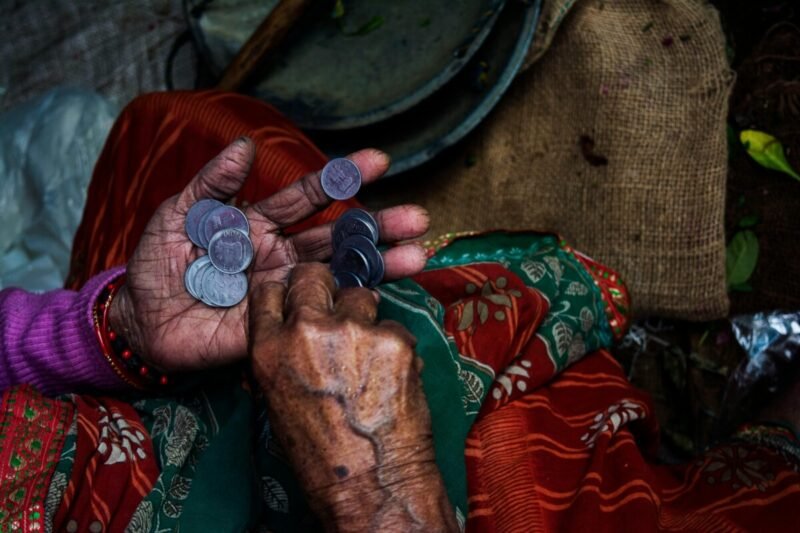One of the most overlooked factors in declining birth rates isn’t cultural, biological, or even about “young people not wanting kids.” It’s economic — and, more specifically, generational.When older generations hold on tightly to their wealth, refusing to share or pass it down, they unintentionally delay the moment when their children feel stable enough to start families. In other words, hoarding wealth doesn’t just slow the economy — it slows the creation of the next generation.
1. The Modern Family Economy Has Changed
In the past, young adults could afford to start families earlier because the gap between income and living costs was manageable. A single income could often cover housing, food, and basic stability.
Today, that’s no longer true. Housing costs are astronomical, wages haven’t kept up with inflation, and financial security often takes decades to achieve.
Meanwhile, trillions of dollars sit in the hands of older generations — savings, investments, property — that their children can’t access until it’s too late to change their life plans.The result? Many would-be parents delay marriage and children simply because they don’t feel ready financially.
2. Delayed Inheritance Means Delayed Families
We often think of inheritance as something that happens after death, but in modern society, waiting that long no longer makes sense.
By the time many people inherit from their parents, they’re already in their 50s or 60s — long past the age of raising young children.If that same money had been shared earlier — to help buy a home, pay off debt, or build savings — it could have made the difference between a young couple deciding to start a family or deciding to wait indefinitely.In this way, older people who hoard wealth aren’t just accumulating assets — they’re delaying the very continuation of their own bloodline.
3. Wealth Hoarding Is Often Unintentional
It’s important to note that most older people don’t consciously intend to hold their children back. They simply grew up in a time when security meant saving, not spending.Many experienced financial hardship and learned to protect their nest egg at all costs. But times have changed — and so has the economy.Today, financial hoarding in an age of opportunity scarcity creates a bottleneck effect. Older generations hold the capital, younger generations hold the energy and ambition, but the two rarely meet at the right time.
4. Shared Wealth Creates Shared Legacy
There’s a simple truth that’s often forgotten: money only creates real legacy when it’s used to build lives, not just preserve them.Helping adult children early — through down payments, education support, business capital, or even simple financial breathing room — doesn’t weaken a family’s long-term position. It strengthens it.When young families can afford to settle down, have children, and build stable households, the grandparents gain more than just security — they gain grandchildren, family continuity, and emotional wealth that money can’t buy.The best inheritance is not a large sum decades too late — it’s timely support that allows the next generation to thrive.
5. The Bigger Picture: Society Needs Young Families
Beyond individual families, this issue has national and global consequences. Many countries are facing population decline not because people don’t want children, but because they can’t afford them.If wealth remains locked up among the elderly, economies stagnate. Younger people delay major milestones, and birth rates continue to fall.
But when older generations circulate their wealth — through gifts, investments, or even low-interest family loans — they stimulate both the economy and the human cycle of renewal.
At some point, every older person faces a choice:Keep holding on — or start passing the torch.The irony is that many people who refuse to share their wealth “for the sake of their family’s future” are actually delaying that future from ever arriving.
If you want to see your family line continue, your grandkids grow up, and your name live on — the best time to share your wealth isn’t after you’re gone.It’s now.
